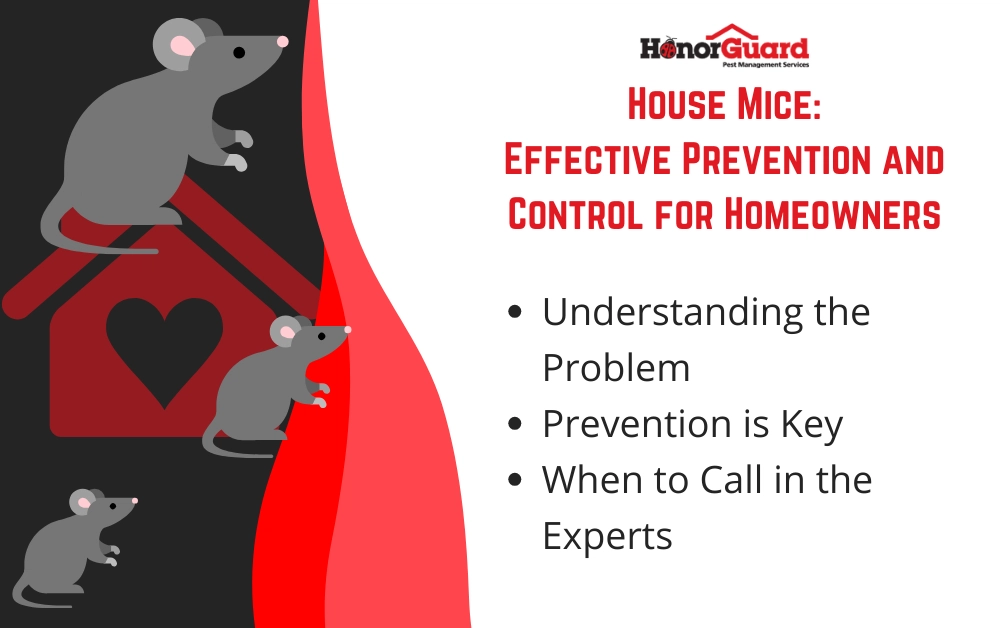How To Choose a Pest Control Company
The first step is choosing the best pest control company for the job. Important decision-making factors include a company's qualifications, its treatment methods, experience and reviews, and of course the cost of services.
Below, we dive into detail on each of these factors.
Does the company have a valid license and permits to perform pest control?
All pesticide applicators, as well as those that supervise them, should be licensed via the appropriate Tennessee regulatory agencies. The United States Environmental Protection Agency (EPA) has established minimum standards of competency, while providing, maintaining, and revoking licensure is handled at the state level.
Is the company a member of any professional organizations?
An optional certification that may be worth looking for is the GreenPro Service Certification. To obtain this certification, a pest control company must both show that its practices are more environmentally friendly and maintain certain training standards for its technicians. Companies can also earn other certifications from trade organizations like QualityPro to further back up their work.
There are several professional organizations in which pest control companies can hold membership. When a company joins an organization such as the National Pest Management Association(NPMA) (or a state-level organization), it gains access to resources, education, and a network of other pest control experts with whom to compare methods. This can offer extra peace of mind that a company is following industry best practices.
Professional Experience and Specialties
You can get some insight into a company's experience level by seeing how many years it has been in business. Local reviews and the company's own website can also inform you whether a company has experience dealing with the specific species of pests that are afflicting your home. You can always reach out to a representative directly to learn this information if it is not available online.
Reviews and Recommendations
You can read reviews and recommendations on social media or local review sites, view a company's rating on the Better Business Bureau (BBB), or check the status of its license through the Tennessee licensing board.
Cost of Services and Guarantees
Pest control costs can vary based on things like the type of pest being treated, the size of your house, your location, and other factors.
When considering the cost of services, you should try to determine whether a company offers free on-site estimates as part of its process. This can inform you whether the company fits into your budget. Also take into account a company's guarantees: If the problem is not resolved, or if it returns, does the company provide additional treatments until the issue is resolved satisfactorily?
Safety and Treatment Methods
Your preferences regarding safety for yourself, your children, your pets, and the environment may influence the provider and the treatment methods you choose.
Safety
Make sure to ask your pest control technician if they plan to use low toxicity or non-toxic pesticides, and if not, what precautionary measures they will have in place. Any pesticides that are not minimum-risk chemicals need to be registered with the EPA. Your pest technician will be able to provide you with information about all of the pesticides they plan on using.
Treatment Methods
You can ask if your pest control expert will begin with more eco-friendly and lower-toxicity treatment methods before trying harsher chemicals.
Many companies are now using Integrated Pest Management (IPM) to treat pest infestations with minimal personal or environmental risk. The steps of IPM are as follows:
- Figure out what pests are causing the problem and determine whether immediate action is needed.
- Determine the best and safest course of action.
- Manage the pest problem using a combination of mechanical, cultural, biological, and physical controls.
- Employ chemical controls only when absolutely necessary, and always with other techniques for effective long-term pest management.
- Assess the outcome and provide additional pest control as needed.
Common Household Pests in Nashville
Certain pests are more common than others. In Nashville, common pests to be wary of include the following:
- Beetles: Across the country and in Nashville, there are a variety of beetle species that could cause problems. While many beetles are harmless, others can do damage by eating carpeting, wood, and more.
- Fleas: Fleas typically prefer warmer weather (which can make them a real nuisance in Nashville) and often get into your home by hiding in the fur of pets.
- Termites: If termites get out of hand, they could cause hundreds or thousands of dollars in damage. Often, termites enter your home via nearby piles of mulch, rotting wood, or firewood.
- Bed bugs: Infestations of bed bugs can be very hard to quash, so we strongly recommend calling a local exterminator as soon as possible. Bed bugs can be found throughout Tennessee, and can infest not only your bedsheets, but also other furniture and even your wallpaper.
- Mice: If your home has a mouse infestation, you may notice droppings around your house, or things like chewed wires. You can often find mice in attics or in places where food is stored.
- Spiders: You may find spiders in your basement, attic, or other dark, damp places. Most spiders are harmless and pose no threat to humans, but you still don't want a spider infestation in your house.



